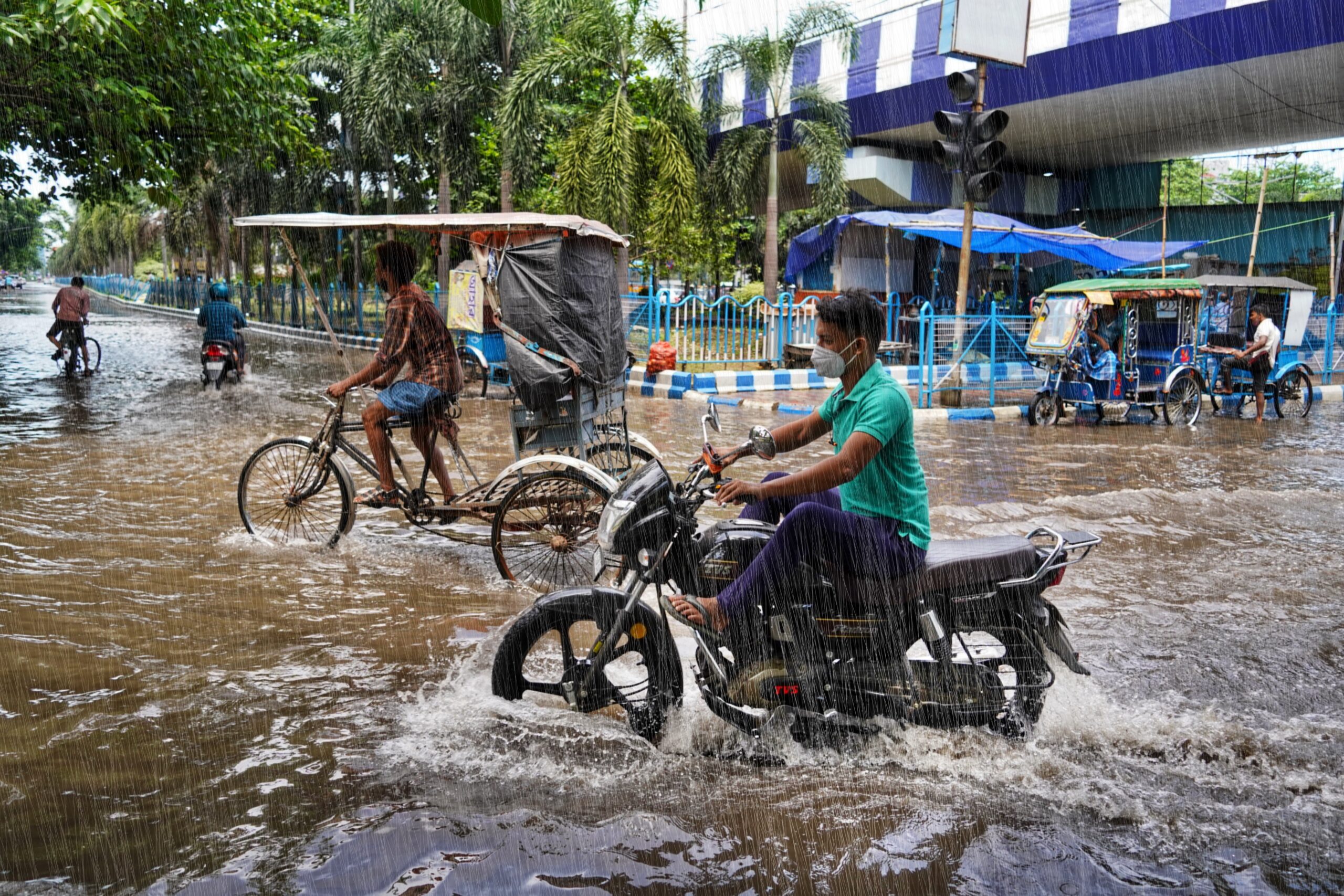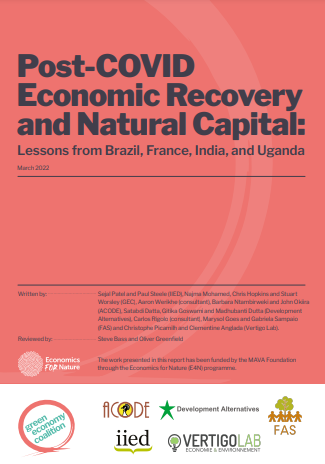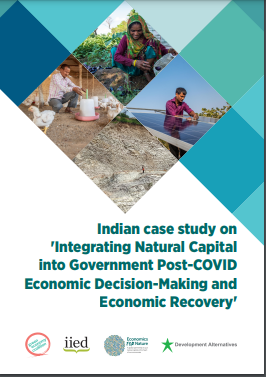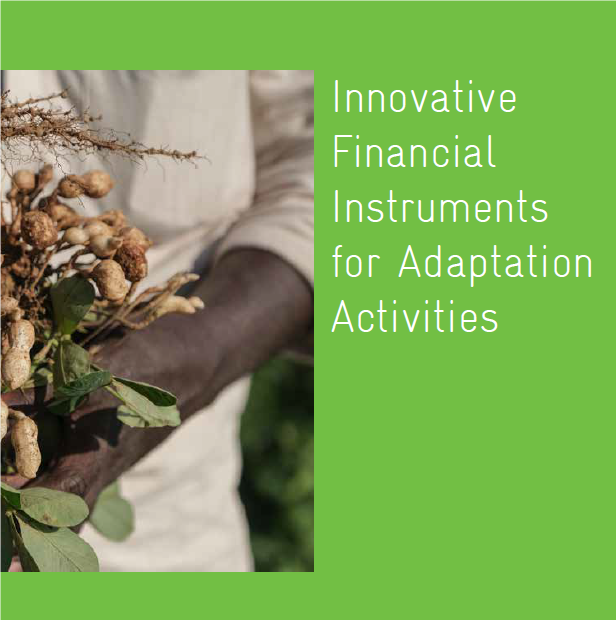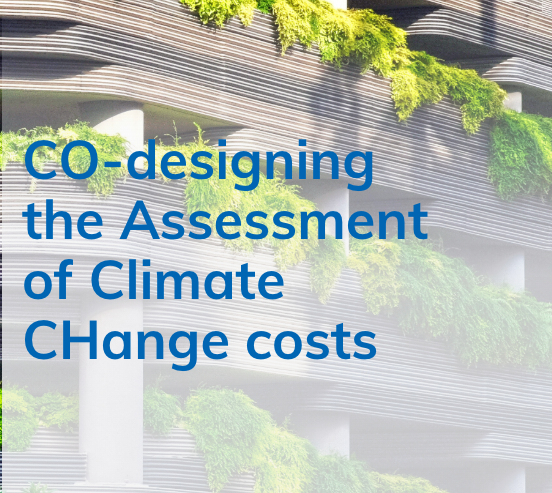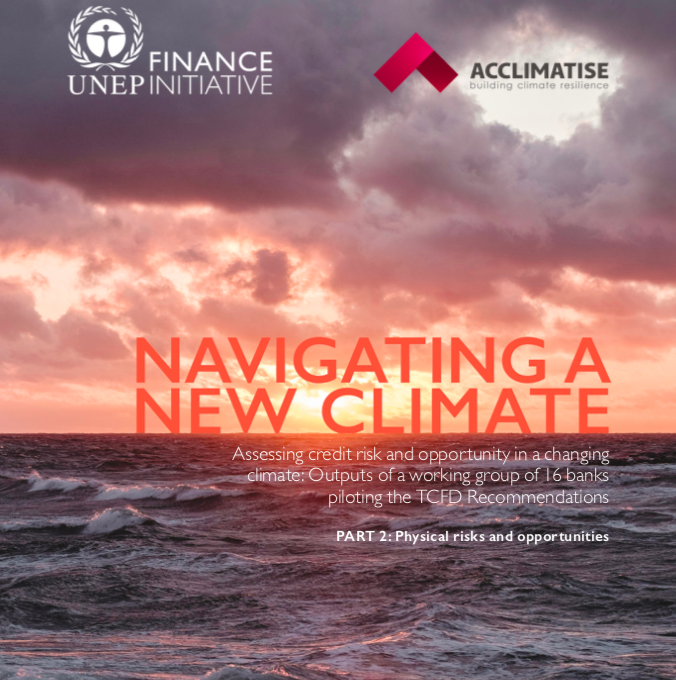Theme
Economics of climate adaptation
Assessing the costs of adaptation using multiple lines of evidence.
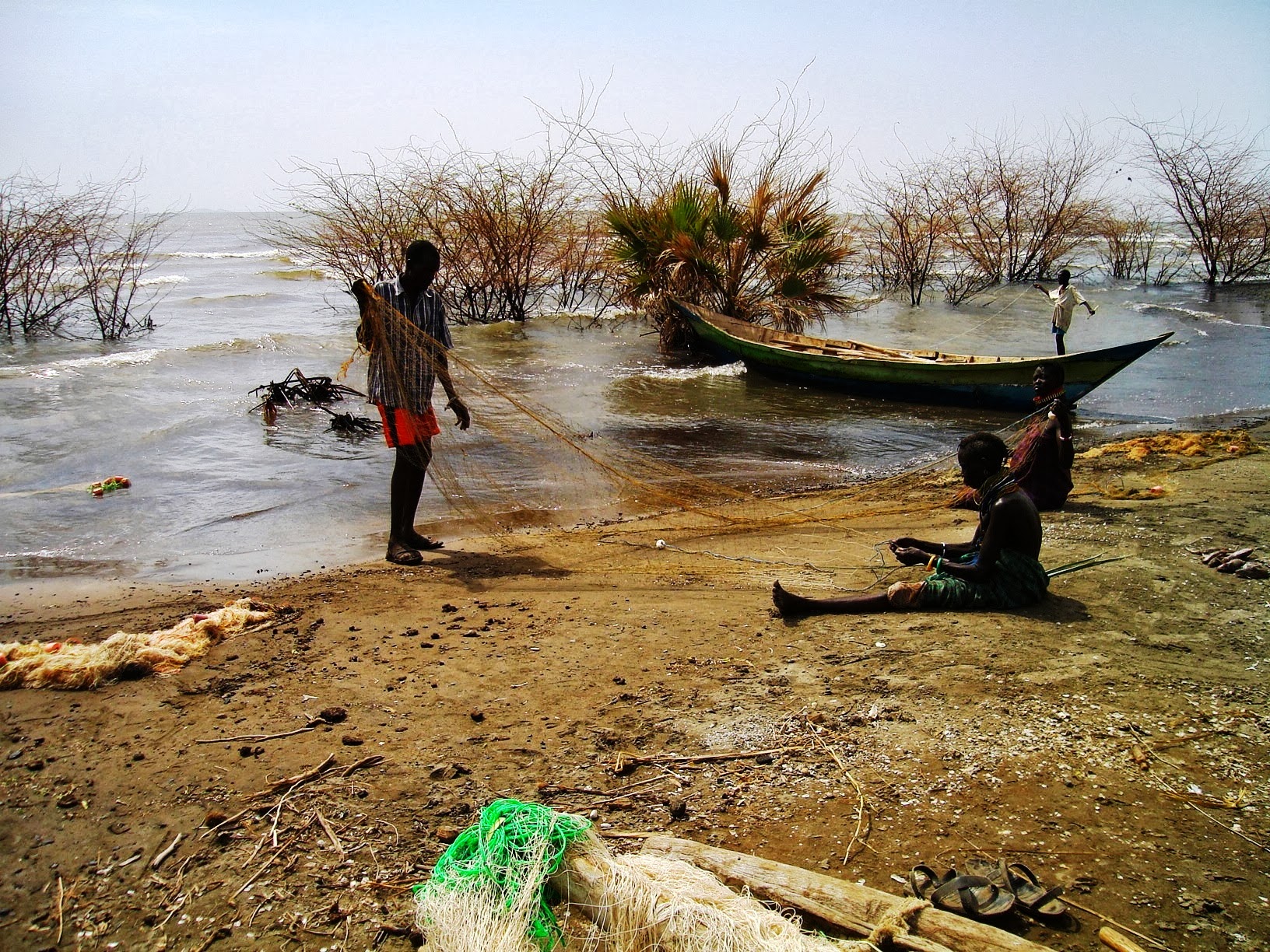
Assessing and meeting the cost of adaptation: Lessons learned and good practices from developing countries
This report synthesis relevant lessons, insights, and good practices from developing country Parties under the UNFCCC in i) assessing the costs of adaptation and ii) assessing domestic expenditures towards meeting the costs of adaptation.
What are the financial costs of climate change in the Prairie Provinces?
Explore the costs of climate change on the Canadian Prairie Provinces. This ClimateWest report synthesizes the literature into a single compendium of the costs of inaction for the Prairies reflecting the current state-of-knowledge.
Post-COVID Economic Recovery and Natural Capital: Lessons from Brazil, France, India, and Uganda
This article assesses selected post-COVID policies of the Government of India to understand the extent of incorporating natural capital elements in decision-making.
Indian Case Study: ‘Integrating Natural Capital into Government Post-COVID Economic Decision-Making and Economic Recovery’
This article provides an overview of the opportunities for integrating natural capital into COVID-19 recovery plans in India.
Economics of Land Degradation: Evaluating the Impact of Land Remediation through the Lenses of Natural Capital and SDGs in the Bundelkhand Region in Madhya Pradesh, India
This study examines the costs and benefits of several land and water-based programmes implemented by Development Alternatives. The methodology combined the Economics of Land Degradation (ELD) approach and InVEST software to compare intervention and comparator sites in three districts of Bundelkhand, India.
Assessment of innovative climate financing instruments for adaptation action in India
This article is an assessment of innovative climate financing instruments for adaptation action, giving the potential for scaling up adaptation activities in India with the involvement of private sector.
The Economic Cost of Climate Change in Europe: Synthesis Report on COACCH Interim Results
This document synthesises the latest results from the COACCH project on the economic costs of climate change in Europe by sector and socio-economic tipping points.
The Economic Cost of Climate Change in Europe: Synthesis Report on State of Knowledge and Key Research Gaps
This report reviews current knowledge and knowledge gaps on the economic costs of climate change in Europe, including the costs of inaction and socio-economic tipping points.
CO-designing the Assessment of Climate CHange costs (COACCH)
The COACCH project will produce improved downscaled assessment of the risks and costs of climate change in Europe that can be accessed directly by research, business and policy makers.
Assessing credit risk and opportunity in a changing climate: Outputs of a working group of 16 banks piloting the TCFD Recommendations
This report describes and presents case studies of new methodologies to help the banking industry assess the physical risk and opportunities of climate change.
